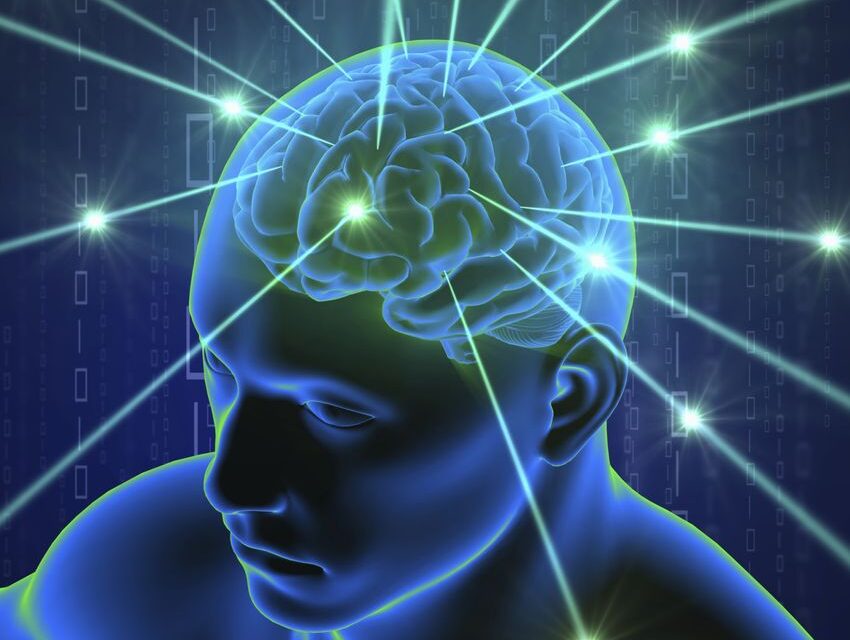Understanding the neural circuits that drive anxiety could help researchers develop more precise treatment strategies. Previous studies have separately indicated that increased serotonin levels and the cerebellum may influence anxiety. However, new research challenges earlier assumptions and suggests a potential new therapeutic pathway.
A study conducted by Pei Chin from the University of Pennsylvania and George Augustine from Temasek Life Sciences Laboratory investigated whether serotonin in the cerebellum influences anxiety behavior in mice. Their findings, published in JNeurosci, provide novel insights into the relationship between cerebellar serotonin and anxiety regulation.
Contrary to previous findings, the study revealed that mice exhibiting anxiety-like behavior had lower levels of serotonin in the cerebellum, whereas mice with higher cerebellar serotonin levels showed reduced anxiety. This unexpected discovery prompted further exploration into the mechanisms behind this relationship.
Chin and Augustine demonstrated that they could actively manipulate anxiety behavior by artificially stimulating or inhibiting neurons responsible for serotonin release in the cerebellum. Their findings suggest that cerebellar serotonin may act as a “brake” to alleviate anxiety. According to the researchers, this breakthrough is an important step toward understanding anxiety mechanisms in more advanced animal models and developing targeted treatment strategies.
The study, titled Serotonergic Input into the Cerebellar Cortex Modulates Anxiety-like Behavior, is published in the Journal of Neuroscience (2025). DOI: 10.1523/JNEUROSCI.1825-24.2024.
Disclaimer: This article is for informational purposes only and does not constitute medical advice. While the findings offer promising insights, further research is needed before any clinical applications can be considered. Individuals experiencing anxiety should consult a healthcare professional for appropriate guidance and treatment.










